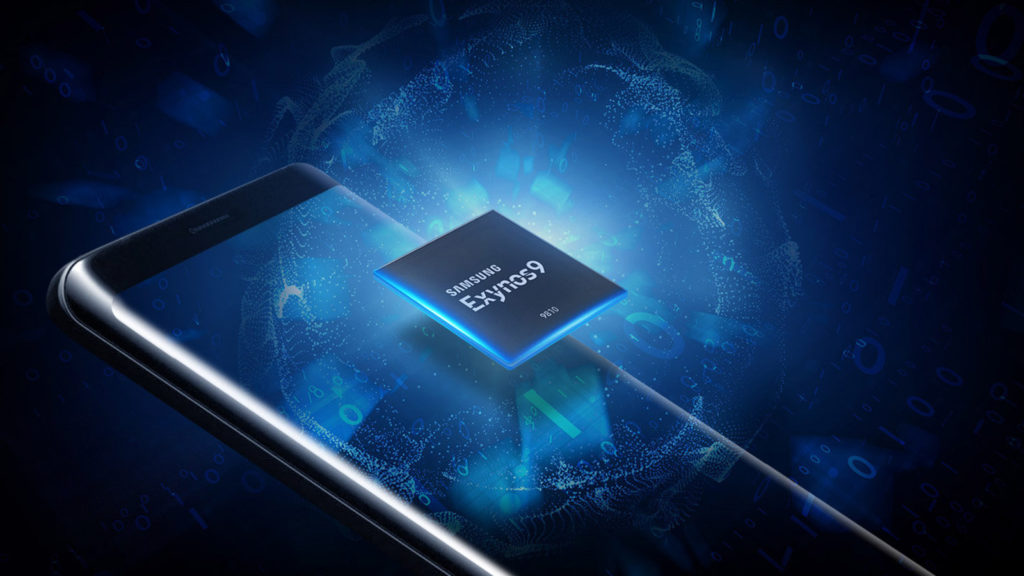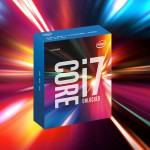Elon Musk’s AI chatbot Grok has once again found itself at the centre of controversy after the most recent update to Grok 3 triggered…
Exynos 9810: specs emerge for Galaxy S9 chip

The Exynos 9810 was quietly revealed last month, being the latest flagship processor for Samsung‘s smartphones. Details were light on the ground at the time, but Samsung has since published a full list of specs on its website.
In terms of CPU power, you’re looking at four third-generation custom cores (presumably keeping the Mongoose name) clocked at 2.9Ghz, as well four new A55 cores (1.9Ghz) for lightweight tasks.
As for graphics, Samsung has opted for ARM’s Mali G72 GPU, being the same hardware seen in Huawei‘s Kirin 970 chip. However, as has become tradition, Samsung is using more cores (18, in fact), compared to Huawei’s 12-core GPU. So expect technically demanding games to run a little better on Samsung’s processor.
The GPU is also optimised for machine learning workloads, with chip designer ARM claiming 17% more efficient machine learning on device. Speaking of machine learning, the South Korean company says the new chip enables depth-sensing tech “to scan user’s face in 3D for face tracking filters as well as strong security when unlocking a device with one’s face”.
The Exynos 9810 will most likely power the Galaxy S9 — so what’s it capable of doing?
In terms of photography, the 9810 supports a dual-camera setup of two 16MP shooters, topping out at 24MP for a single camera setup. This contrasts with the predecessor’s 28MP+16MP support and 28MP for single-camera setups.
Much like last year’s chip, we see support for 4K capture/playback at 120fps. But will we actually see improved video capture quality this year? Well, the new Snapdragon 845, expected to power some Galaxy S9 variants, supports 4K HDR video recording at 60fps, so it’s looking more likely.
Much like the Snapdragon 845, the Exynos 9810 is built on a second-generation 10nm process. The refined manufacturing process plus more efficient cores should result in smoother performance and a longer battery life — if Samsung doesn’t shrink the battery size, of course.

